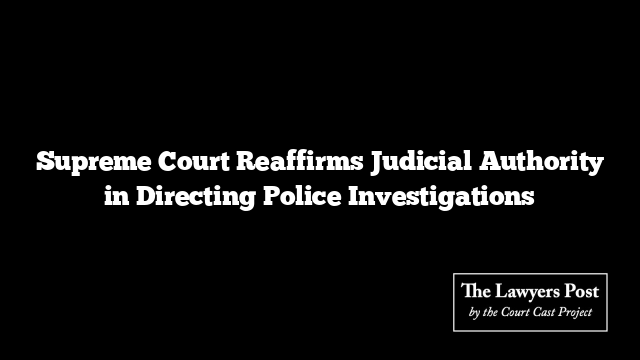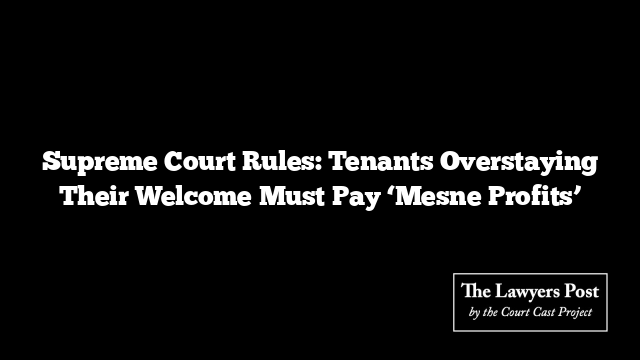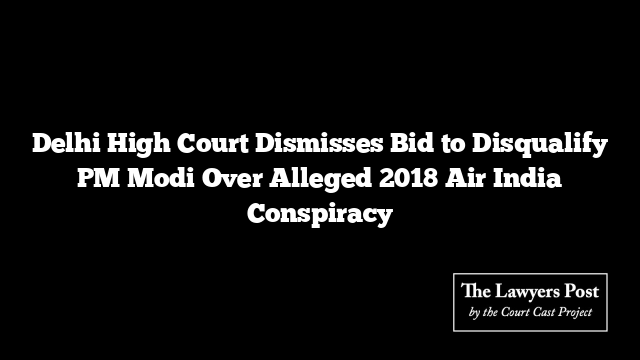In a recent ruling, the Supreme Court reaffirmed the delineation of judicial authority concerning the initiation of police investigations under Section 156(3) of the Code of Criminal Procedure.
Disregarding the conclusions drawn by the High Court, the bench, composed of Justices Bela M Trivedi and Pankaj Mithal, revisited the pivotal case of Devarapalli Lakshminarayana Reddy And Others v. V. Narayana Reddy And Others (1976) 3 SCC 252. The Court underlined that when a Magistrate exercises discretion to mandate an investigation under Section 156(3) of the CrPC, it does not amount to taking cognizance of any offense. Cognizance is only taken when the Magistrate, subsequent to due consideration, opts for the procedural route outlined in Chapter XV of the CrPC, specifically Sections 200 and onwards.
The Court articulated, “In essence, when a Magistrate, upon receipt of a complaint, engages in a deliberative process aimed at invoking Section 200 and its subsequent provisions in Chapter XV of the 1973 Code, cognizance of the offense is deemed to have been taken under Section 190(1)(a). However, if, instead, the Magistrate, in the exercise of judicial discretion, resorts to alternative actions such as issuing a search warrant or directing a police investigation under Section 156(3), cognizance of the offense cannot be imputed.”
In the case at hand, the Magistrate meticulously examined the complaint, accompanying documents, and the complainant’s submissions. Satisfied with the prima facie merits, the Magistrate exercised judicial discretion by ordering a police investigation under Section 156(3) of the CrPC.
Subsequently, the accused challenged the Magistrate’s decision via a petition under Section 482 of the CrPC before the High Court. Regrettably, the High Court intervened and annulled the Magistrate’s order for a police investigation.
Emphasizing the propriety and legality of the Magistrate’s order, the Supreme Court rebuked the High Court’s exercise of discretion under Section 482 of the CrPC.
“The Magistrate’s order, being just, legal, and well-founded, warranted no interference from the High Court, particularly within the constrained ambit of Section 482 of the CrPC,” the Court affirmed.
Consequently, the Court upheld the complainant’s appeal and reinstated the Magistrate’s directive for a police investigation.





